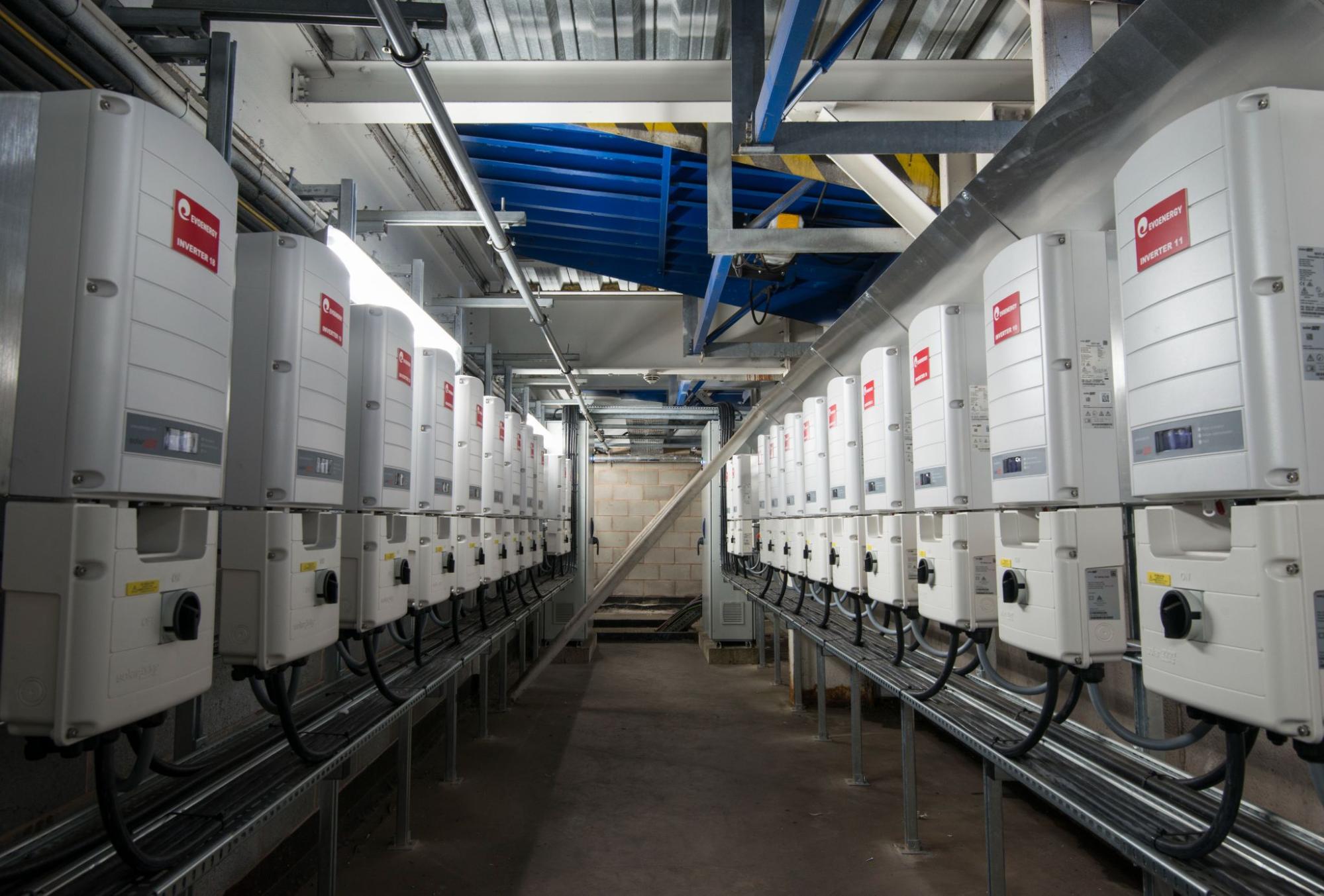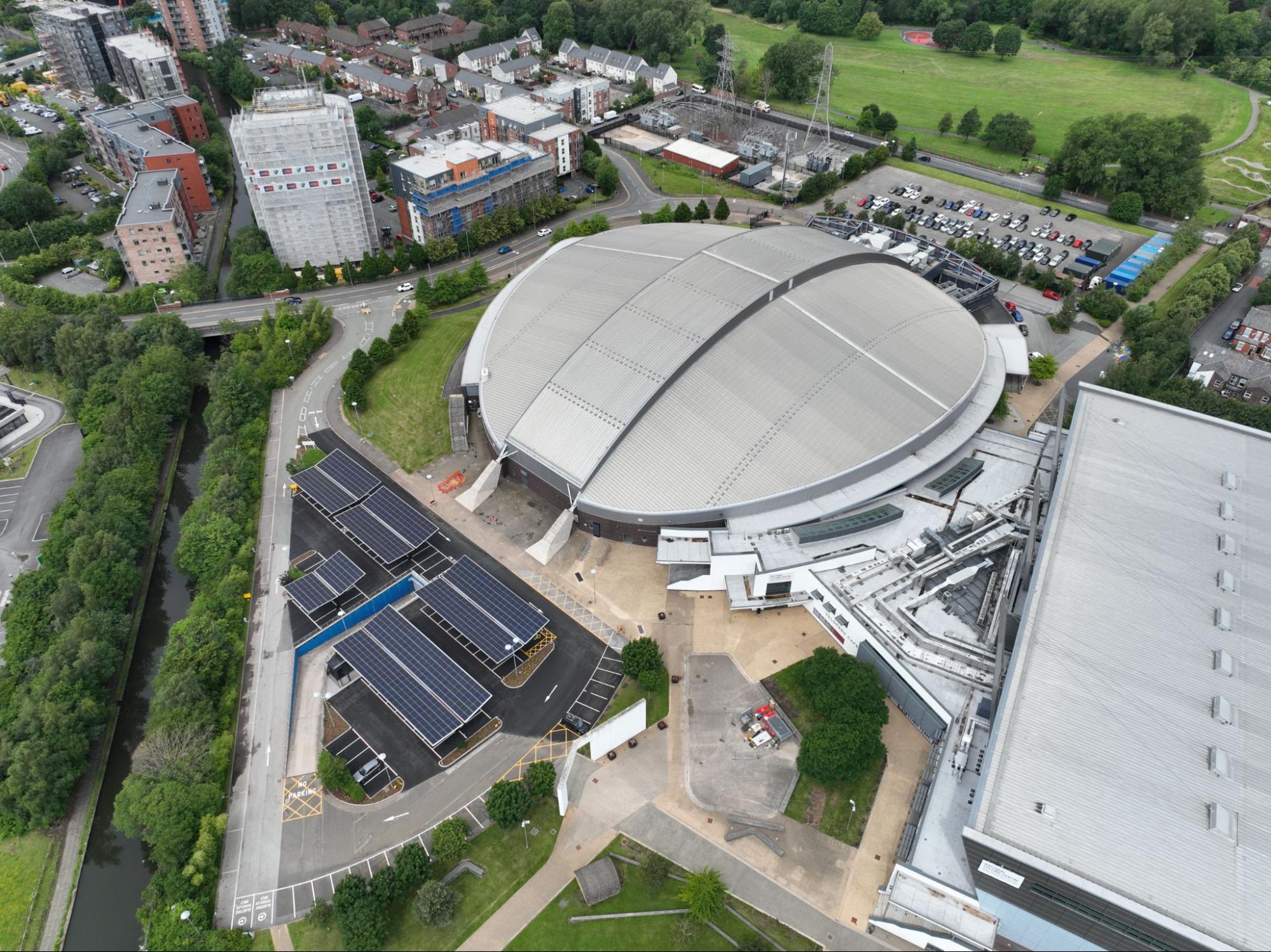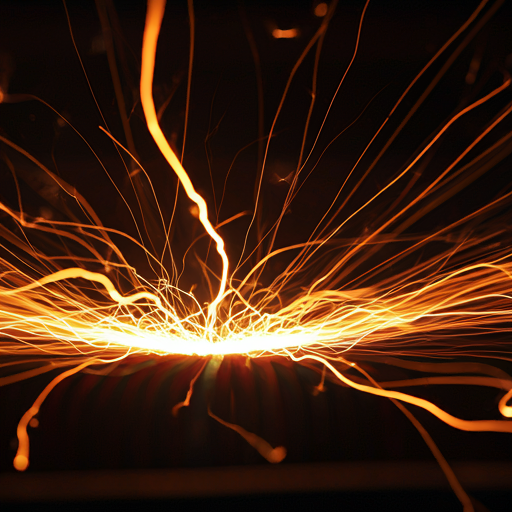A kWh stands for kilowatt-hour, and it is the unit of energy equal to one kilowatt-hour of power used for one hour. It is commonly used by electrical appliances or in electricity bills from suppliers.

Key Takeaways
- A kilowatt hour (kWh) is a measure of energy that indicates how much electricity you use when a 1,000-watt appliance runs for one hour.
- You can calculate kWh by multiplying an appliance’s power in kilowatts by the number of hours it operates.
- Appliances like LED bulbs consume minimal kWh, while high-power devices like electric heaters and air conditioners use significantly more.
- Your electricity bill is based on the total kWh you consume, with UK energy prices averaging 34 pence per kWh in 2023.
- Power is the energy consumption rate (kW), while energy is the total electricity used over time (kWh).
- Reducing your kWh usage helps lower electricity costs and supports a more sustainable, energy-efficient future.
Kilowatt Hour (kWh)
A kilowatt hour (kWh) is a measure of energy. It represents the energy you would use if you kept a 1,000-watt (1-kilowatt) appliance running for one hour. Simply put, it’s a way to quantify how much electricity you use over time. For instance, turning on a 100-watt lightbulb and leaving it on for 10 hours will consume 1 kWh (100 watts × 10 hours = 1,000 watt-hours, or 1 kWh).
Understanding kWh is essential for managing your electricity consumption. Energy providers bill you based on your kilowatt hours, so knowing how kWh works helps you monitor and control your energy costs. Additionally, with the rising focus on sustainability, understanding kWh can help you reduce your carbon footprint.

How is a Kilowatt Hour Calculated?
To calculate kilowatt hours (kWh), you need to know two things: the power consumption of an appliance (measured in kilowatts, or kW) and how long you use it (measured in hours). The formula is simple:
Power (kW) × Time (hours) = Energy (kWh)
- Power refers to the rate at which an appliance uses energy, expressed in kilowatts (1 kW = 1,000 watts).
- Time is the duration that the appliance is running.
For example, if you run a 2-kilowatt (2,000-watt) electric heater for 3 hours, the energy consumed will be: 2 kW × 3 hours = 6 kWh
Understanding this formula is key to tracking your energy consumption. The longer you use an appliance, the more powerful it is, the more energy it consumes. This translates directly to the number of kilowatt hours on your electricity bill.
Breaking Down the Units
- Watts (W) are the basic unit of power. Most appliances list their power consumption in watts (W) or kilowatts (kW).
- Kilowatts (kW): A larger unit of power. For example, 1 kilowatt equals 1,000 watts.
- Hours: The time an appliance is operating. Appliances that run continuously, like refrigerators, will use more energy over time compared to ones you use sporadically.
For example:
- A 100-watt light bulb running for 10 hours would consume 1,000 watt-hours, or 1 kWh (100 watts × 10 hours = 1,000 watt-hours = 1 kWh).
- A 500-watt microwave running for 2 hours would consume 1 kWh (500 watts × 2 hours = 1,000 watt-hours = 1 kWh).
What Appliances Use Power in kWh?
Common Household Appliances
Many everyday appliances consume varying amounts of power. For instance:
- LED Light Bulb (9W): If left on for 10 hours, it uses only 0.09 kWh.
- Microwave (1.2 kW): If used for 30 minutes, it consumes 0.6 kWh.
- TV (0.1 kW): Four hours of watching TV will consume around 0.4 kWh.
High-Power Devices
Larger appliances consume much more power:
- Electric Water Heater (3 kW): Running for 1 hour consumes 3 kWh.
- Electric Car Charger (7 kW): Charging for 5 hours consumes 35 kWh.
- Air Conditioner (3.5 kW): Using for 8 hours can use up to 28 kWh.
What Does This Mean for Your Electricity Bill?
Your bill asks you to pay for the energy you have used during the period, and it is measured in the number of Kilowatts (Kw) running for an hour (kW x h), or a KWh. If you run your kettle for an hour, you will use 3 kWh of energy. If you run your smartphone from the power network for a whole day, you will use 0.4 watts times 24 hours, giving 16 (Wh) watt-hours or 0.016 kWh.
Bringing this back to energy, a KWh is equivalent to 1000 watts used for one hour, which is 3.6 million joules (1000 watts x 60 mins x 60 secs). However, we make this simpler by giving the energy as a function of the power multiplied by the period of time.
Therefore, the KWh on your electricity bill is purely the energy delivered to your property over the bill period. This is defined by the meter readings at your property, which record the energy that passes through the incoming electricity cable onto your property.
In the UK, electricity is billed in pence per kWh. This allows us to calculate our costs and manage our energy use, which allows us all to be greener, leaner, and more sustainable!
Your electricity provider bills you based on the kilowatt hours you consume each billing cycle. The cost per kWh can vary depending on your home and energy provider. For example, in the UK, the average cost of electricity in 2023 was approximately 34 pence per kWh, while globally, electricity prices ranged from as low as 6 pence to as high as 40 pence per kWh.
In recent years, global electricity prices have been volatile due to rising energy demands, geopolitical factors, and shifts towards renewable energy. In the UK, energy prices increased by over 50% from 2021 to 2023 due to inflation and supply issues. Understanding kWh helps you estimate how these changes impact your bill and explore ways to reduce costs.

What is Energy?
Energy, or the ability to do work, is measured in a unit which takes a force that is multiplied by a distance. Its unit is a joule, equivalent to a force of 1 newton acting on an object over a distance of 1 metre.
This is best demonstrated by raising an object 1m. The force acting is gravity (or the object’s weight), and if the distance is 1 m, then the energy gained is the object’s weight measured in Newton Metres, which is the same as a Joule.
Most applications need to understand the power, rather than the energy, required to do the work. It may be that you can push your car to work, but the car’s engine will mean you can get to work much quicker and will not be exhausted. Power is a function of the energy delivered per second, which is joules per second, which is known as a watt. One thousand Watts is known as a Kilowatt or kW. Kilo is derived from a Greek word meaning thousand, you will see it used as a prefix in many day to day scenarios, kilobytes, (1000 bytes) in computing, kilohertz, (1000 Hertz) for frequency, kilometre (1000 metres) or distance.
Ultimately, energy, or the potential to do work, is one of life’s necessities. Without energy we as humans would not function and our environment would not exist. All that would exist would be a black void.
Despite energy’s essential nature, quantifying it to better understand our usage and how we can better manage it can remain elusive.
The Difference Between Power and Energy
Many people confuse power (kW) with energy (kWh). Power is the rate at which an appliance consumes electricity, measured in kilowatts. Energy is the total amount of electricity used, measured in kilowatt hours. For instance, a 1 kW appliance running for 1 hour uses 1 kWh of energy.

Managing Your kWh for a Sustainable Future
Understanding how kWh works is essential for managing energy consumption and reducing electricity costs. By learning how different appliances use power and making energy-efficient choices, you can take control of your energy usage as the global energy landscape shifts toward sustainability, individuals and businesses must focus on reducing their kWh consumption for a cleaner, more energy-efficient future.
Are you looking to reduce your energy consumption? Contact EvoEnergy for expert advice on energy-saving solutions tailored to your needs.

Frequently Asked Questions
1. What exactly is a kilowatt-hour (kWh)?
It’s a unit of energy that represents the amount of electricity used when a 1,000-watt (1 kW) appliance runs continuously for one hour.
2. How do you calculate kilowatt-hours?
Use the formula: Power (kW) × Time (hours) = Energy (kWh).
For example, running a 2 kW heater for 3 hours consumes 6 kWh.
3. What’s the difference between kilowatts (kW) and kilowatt-hours (kWh)?
A kilowatt (kW) measures power, the rate at which energy is consumed at any moment. A kilowatt-hour (kWh) measures energy, the total amount of electricity used over a period.
4. Why does understanding kWh matter for electricity bills?
Electricity providers charge you based on how many kilowatt-hours you’ve consumed. Knowing how kWh works helps you monitor usage, manage bills, and support energy-efficiency and sustainability goals. In 2023, the UK average electricity price was about 34 pence per kWh.